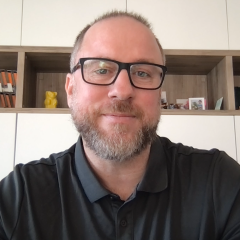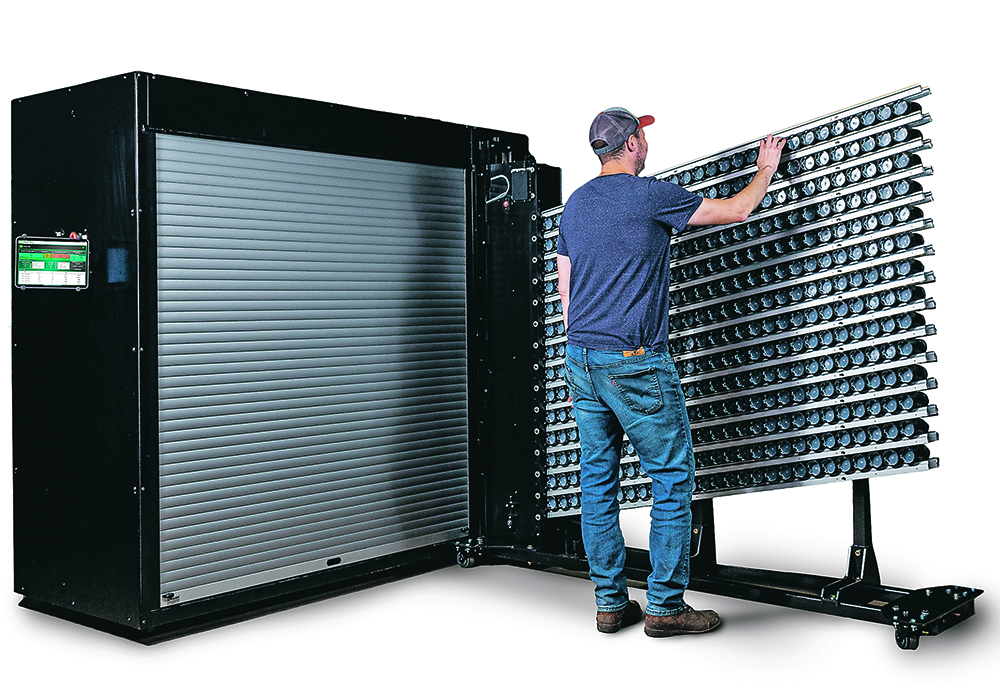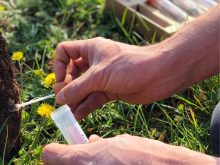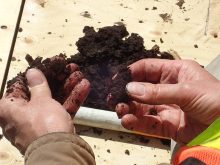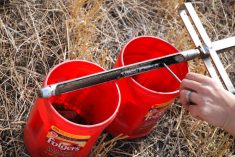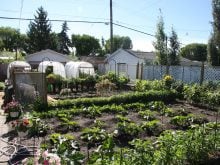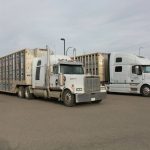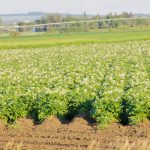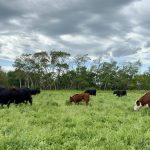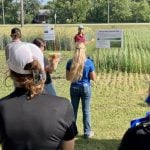Company says it helps agronomists spend more of their time making recommendations in the field with customers
Precision Planting has come to market with a new system designed to eliminate some of the drudgery from soil sampling.
Dale Koch, product lead for the platform dubbed Radicle Agronomics, said it was designed for professional crop consultants and eliminates several manual steps from the traditional soil sampling and testing process.
“There are really three aspects that we launched with the Radicle Agronomics platform. The first is what we call Radical Lab, which is the world’s first fully automated soil laboratory,” Koch said.
“The second is GeoPress, which is a tool that an agronomist takes to the field with them when they’re soil sampling to assist with workflow and record keeping. The last is the Radicle Agronomics software suite of tools.”
He said Radicle Agronomics helps agronomists focus more of their time in the field with their customers, looking at crops and making recommendations.
“They (agronomists) spend as much time out of the field as they do in the field during soil sampling season, and that’s all the pre- and post-work that has to happen,” Koch said.
“That can be everything from preparing sample bags to getting your grid laid out in the field beforehand, making sure all the samples have been taken, associating them with the right client farm and field, getting those samples sent off and then looking for them when they come back.”
Radicle Agronomics is designed to reduce the amount of human touch required to soil test, and this begins in the field with GeoPress, which mounts on any field-ready vehicle.
“The system goes in the back of an ATV or UTV and its job is to blend the soil cores and to put them into our proprietary (container), we call it GeoTube, that are about the size of a pop can,” Koch said.
“That soil gets pressed into that tube and the cap is put on and then there’s an RFID tag that’s scanned and associated with that zone or grid in the field.”
Users still must pull the cores that will be mixed, containerized and tagged, but Koch said Precision Planting is working on automating core collection as well.
GeoPress users don’t have to keep track of tags, labels, zones or grids that the soil samples came from because that information is automatically stored on the RFID tags on the containers.
The containers are then brought back to where the agronomy business stores its samples and are loaded onto a rack.
“Simply press the go button on the Radical Lab and go home for the night. You can load several hundred samples up on this rack. Then overnight those samples will be automatically run through the system.”
Operators no longer need to send samples to other labs.
The Radical Lab is a wet lab with a relatively small footprint. It requires a 3.6 by 4.3 metre climate-controlled space with a 120 volt outlet, a compressor and garden hose hook-up.
The lab automatically purifies the water, so well water can be used.
Up to 400 containers full of soil can be loaded into the machine at a time.
The automated soil testing lab will run three tests at a time with a new test result produced every five minutes.
“We lease the system to agronomists and then there will be a per sample fee that will be charged for every sample that’s run through the lab. Our intention is to be very cost competitive with that fee compared to samples run through typical labs,” Koch said.
Precision Planting uses a patent-pending microfluidics analysis manifold, which takes a small volume of soil slurry and combines it with an extract to process.
The lab runs soil through four built-in tests using consumable cartridges that are good for around 1,000 samples before they need to be replaced.
It also self-calibrates to ensure consistent results, and all parts are sanitized between each sample.
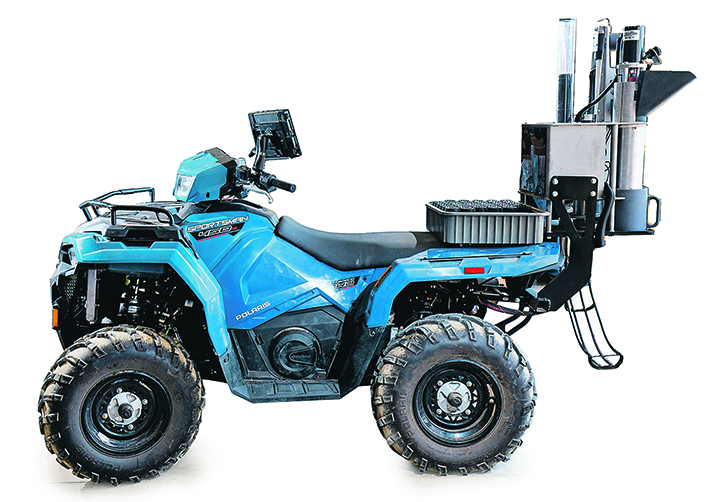
Koch said it was designed to be as easy to run as a dishwasher.
“We push the soil out of the container and then mix it with a precise ratio of water to soil, and then depending on the type of analysis we’re going to do on the soil, whether it’s phosphorus or potassium or pH or buffer pH, we’ll use a different chemical extraction on it,” Koch said.
“Then using our proprietary Microflow technology, we’ll then analyze the levels of nutrients that are brought into solution by that extractant, depending on what we’re trying to measure.”
Results from samples are automatically input into the Radicle Agronomics cloud-based software package, which connects all steps of the soil-sampling process.
Koch said he’s unaware of another software platform that is purpose-built for soil sampling, testing and writing recommendations.
“All of that data, where you collect the samples, any other information about that grid location that you would record, all that flows back up with a sample. Then the sample is analyzed and the data from the analysis is stored (associated with) that location,” Koch said.
“In the platform you’ll have the ability to write recommendations directly from it as well. So, the intention is to make that seamlessly knit together.”
With the use of shapefiles, information from Radicle Agronomics software can be uploaded to other farm management software programs.

